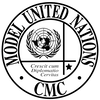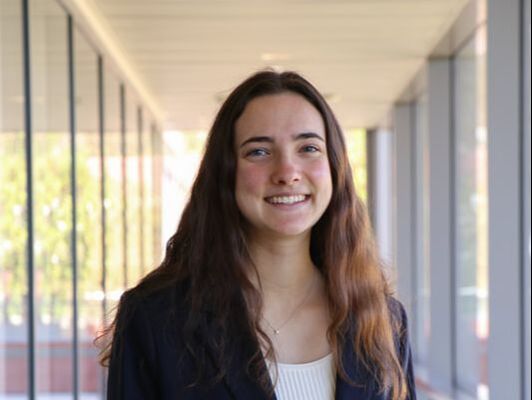Format: |
Topics: |
|
Single Delegate ECOSOC Committee
Maximum size: 35 delegations |
Topic A: Environmental Justice in Indigenous Communities
Topic B: Preservation of Indigenous Cultures |
Established in 2000 as an advisory body to the Economic and Social Council, the United Nations Permanent Forum on Indigenous Issues (UNPFII) reflects a relatively recent drive to empower indigenous communities and address their global marginalization. The UNPFII covers six main areas– economic and social development, culture, the environment, education, health, and human rights. This committee will address two of these thematic areas: the environment and culture. Topic A will tackle the effects of climate change and environmental degradation on indigenous populations, with the hope that delegates will develop unique and sustainable solutions to address the disproportionate harm that indigenous groups face. Topic B will examine indigenous cultural extinction and focus on strategies to preserve indigenous heritage, with special emphasis on sustaining indigenous languages and cultural practices. The UNPFII aims to facilitate respectful, thoughtful, and productive discussion on the mitigation of structural issues facing indigenous groups, while bringing awareness to the rich and diverse culture that each community brings.
Although the actual UNPFII functions as a forum of 16 individuals representing either regions or indigenous groups, I chose to tweak the format for this McKennaMUN committee so that delegates would represent indigenous groups instead of the UNPFII individuals. I did this for three main reasons:
- Diversity: The UNPFII-appointed individuals did not reflect the degree of diversity that I wanted to see in this committee, especially with regards to the range of environmental issues that different indigenous groups in various areas of the world experience. Allocations have been selected based on extensive research on the sorts of environmental and cultural issues that these indigenous groups face, in order to foster a committee with diverse solutions.
- Research: I wanted to emphasize policies centered on the indigenous group’s beliefs and practices, rather than the ideas of the individual representing them. This way, delegates can conduct research on entire indigenous groups rather than focus on one representative’s ideas.
- Practicality: Because this committee will have more members than the actual UNPFII, it made more sense to draw from a greater number of real indigenous groups rather than make up fake representatives of these groups.
I chose to run this committee in order to demonstrate that indigenous people– and the environmental or cultural issues they face– are not monolithic, and that each group presents a unique and valuable solution to problems ranging from climate change to language preservation. Besides the difference in who constitutes the UNPFII, this committee will follow its procedure. If you have any questions, I am more than happy to answer them at [email protected]
See you then!
See you then!
Chair
Mia Balonick '27
[email protected]
[email protected]


